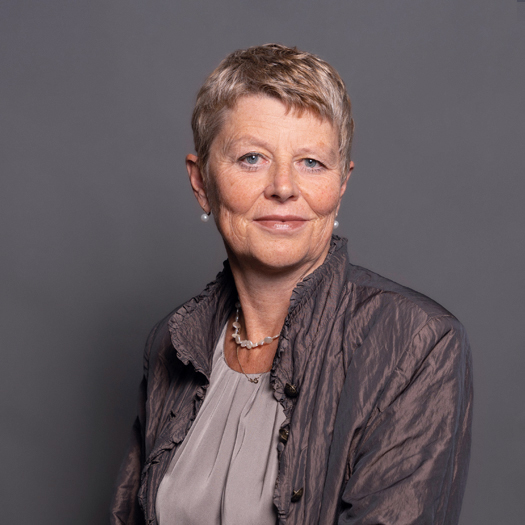Weinheim Student Team Mentored by ZEW Triumphs at 2019 YES! Final
Dates and NewsConcept of “Greenpay” Able to Win the Most Votes
Greenpay, the project of the secondary school Werner-Heisenberg-Gymnasium team from Weinheim, Germany, received a unanimous decision at the finals of the “YES! – Young Economic Summit” competition for students in Hamburg on 26 and 27 September 2019, winning this year’s competition. The student group was supervised by economist Carina Fugger from the Research Department “Environmental and Resource Economics, Environmental Management” at ZEW Mannheim. As in the previous years 2017 and 2018, a team mentored by ZEW outshone all other student teams in the Germany-wide competition.
For the past six months, student teams have worked together with ZEW and other renowned economic research institutes in Germany to come up with creative and innovative solutions to global economic issues. At the finale of the sixth YES! – Young Economic Summit at Bucerius Law School in Hamburg, more than 200 high school students presented solutions to a wide variety of problems.
After presentations and discussions with experts from the fields of science, economics and politics, the students voted amongst themselves for the best solutions. This year’s idea able to win the most votes from the students: the concept of “Greenpay”, developed by the Weinheim student team, which was mentored by ZEW. “Promoting young talent is very important to us. We have seen many great presentations from student teams here at ZEW. Of course, I am particularly pleased that a team supervised by ZEW was able to convince the panel in Hamburg as well with its original concept on the subject of climate protection,” said ZEW President Professor Achim Wambach in congratulating the students on their success.
Winning points for the environment
In the spirit of the times we live in, with Greta Thunberg’s “Fridays for Future” appeal at the United Nations’ climate summit and the decisions of the German Federal Government’s Climate Cabinet, the Weinheim student team won points on the topic of “Climate Change and the European CO2 Market”. Behind the ZEW team’s Greenpay concept lies a green incentive system. Based on the payback system already established in Germany, this green incentive system is intended to reward environmentally conscious behaviour at the individual level. Consumers collect eco-points on a Greenpay account by buying, for example, regional food or using their own coffee mug at the bakery. These points can then later be exchanged for sustainable premiums such as bicycle repairs or discounted local transport tickets. Thus, the incentive system in action should contribute to more environmentally friendly products being both consumed and produced, which should also help reduce CO2 emissions in the private sector. The high school students have already successfully tested and implemented the idea on a small scale in several shops in Weinheim.
“The concept from the Weinheim student group is well thought-out, simple, and it works. I was thrilled by how much commitment the students showed in developing their ideas and testing them on-site. We need more such new, untapped ideas, and the courage of the youth to put them into practice,” says mentor of the student group <link en team cfg _blank>ZEW economist Carina Fugger.
The winning team will attend an official award ceremony at the Federal Ministry for Economic Affairs and Energy in Berlin in February 2020. The Federal Ministry is patron of the YES! competition. ZEW has already supported winning teams from previous years: in 2017, the BBS Wirtschaft 1 Ludwigshafen with its idea to promote start-ups; and in 2018, the Fritz-Erler-Gymnasium Pforzheim team with its concept to enable the social and cultural participation of disadvantaged young people.
About YES!
The YES! – Young Economic Summit is the biggest high school competition in Germany looking at issues affecting the future of our world. Supported by the Federal Ministry for Economic Affairs and Energy, YES! is a joint project of the ZBW – Leibniz Information Centre for Economics, and the Joachim Herz Foundation. Over the course of a six-month mentoring programme, teams of high school students – divided into four different regions – come up with their own solutions to key issues likely to face our society in the near future. Researchers from various Leibniz institutions support the students by providing scientific expertise. Since encouraging young researchers is a key concern of ZEW, our research staff all agreed that the institute should continue to support the competition in the Southwest region in 2020.


